It’s been a little over a week since the CFA Exam. Isn’t the free time wonderful!? After a few days of relaxing, you might ask yourself: So, what should you do while waiting for your CFA exam score? Well, with some down time, I highly recommend that you supplement your theoretical knowledge with some practical.
Why might this be a good thing? Simply because passing the CFA exam is one thing, but to become a truly outstanding analyst is another (and, unfortunately the CFA difficulty level is quite high and you shouldn’t rely on a passing grade for your intellectual progress). The real-world and academia intersect to some degree but the distinction between them is not always obvious. In today’s post I’ll highlight some simple things that you can do to fill in the gaps of your theoretical knowledge with some practical.
Newspapers vs. Textbooks
The simplest way to understand reality, is to read about it. Learn vicariously as much as you can. One of my favorite activities when I’m not tutoring is to read my morning paper.
You can save yourself many headaches by learning about the mistakes of others before you make your own. Do this is by reading about what works and what doesn’t in the news – or better yet, books (more on that below).
The business media is a good source for staying current on what works in business, and what doesn’t. Keep up with the latest mergers, earnings reports, and even bankruptcies. The Wall Street Journal is, in my view, the gold standard of business newspapers. Other reputable business newspapers, include the Financial Times (London), Reuters, and Bloomberg. Non-daily publications such as The Economist, Forbes, and Fortune are also excellent. These periodicals provide you with a glimpse (and sometimes a detailed look) of the innards of corporate America.
With some extra time on your hands, stay plugged in to what’s going on in the world. It will help you solidify concepts from the CFA curriculum. Connect the dots between theories, definitions, and formulas, to real world application.
Learn About Great Analysts
It’s often lost on people that some of the greatest investors in the world lack the CFA Charterholder designation. To understand what makes them great analysts, books about them are your best bet. Start with the most recognizable names, and work backwards. Warren Buffett will likely be at the top of your list, for instance. There are no shortage of books on him. One of the best books about his strategy and approach, in my view would be: The Warren Buffett Portfolio: Mastering the Power of the Focus Investment Strategy, by Robert Hagstrom. It is an excellent book that encompasses many topics from the CFA curriculum. From probability theory to behavioral finance, the book runs the gambit.
Also, try such classics as The Intelligent Investor, by Benjamin Graham. Mr. Buffett has proclaimed this the best investing book ever written. It ultimately got him his start in thinking about stocks, markets, and price paid for stocks differently. Mr. Buffett has also recommended Common Stocks and Uncommon Profits by Phil Fisher, and even satirical books such as Where Are the Customers’ Yachts by Fred Schwed.
Any of the above (plus anything written by Phil Carret) will provide you with a good jumping off point. A handful of famous investors can provide you with a solid knowledge base from which to catapult your investment career.
Waiting for Your CFA Exam Score? Watch the Markets
While you analyze companies, it’s also a good idea to follow them. Keep track of a few that interest you. See if you can analyze their prospects, and see how they do over time. More reading, and continuous learning is the name of the game. Inevitably you will discover where you went right and where you went wrong. Also be self-aware of any psychological biases you may develop in your learning. The field of behavioral finance has become extremely popular since it has proved extremely relevant. In short, watch the markets, but also watch yourself.
All in all, to stay productive during your downtime, spend some time reading the paper, good books, and keep an eye on the markets. A good education is only complemented by a breadth of experience. Additionally, there is a reason why investing is classified as art and not a science. While the CFA Institute’s text questions are accompanied by an answer key, the real-world’s “right answers” aren’t knowable until much later. The best you can do is provide yourself with a strong academic foundation from which you layer on practical experience.
I’ll keep my fingers crossed for you while waiting for your CFA exam score. In the meantime, brush up on your reading and familiarize yourself with the markets.
